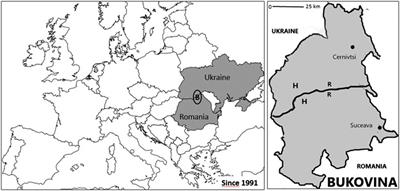ORIGINAL RESEARCH
Published on 07 Jul 2021
An Ethnobotanical Study of Medicinal Plants in Mersin (Turkey)

doi 10.3389/fphar.2021.664500
- 22,842 views
- 34 citations
11k
Total downloads
72k
Total views and downloads
ORIGINAL RESEARCH
Published on 07 Jul 2021

ORIGINAL RESEARCH
Published on 28 Jun 2021

ORIGINAL RESEARCH
Published on 07 May 2021

ORIGINAL RESEARCH
Published on 23 Apr 2021

ORIGINAL RESEARCH
Published on 11 Mar 2021

ORIGINAL RESEARCH
Published on 16 Feb 2021
